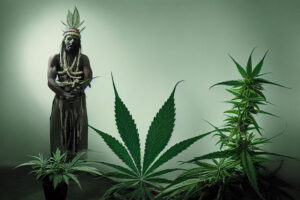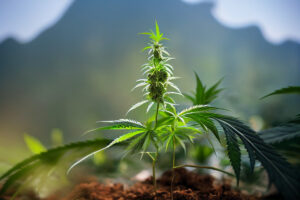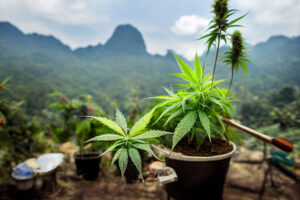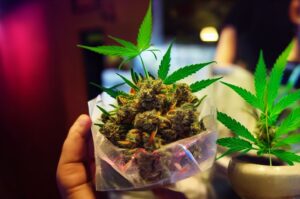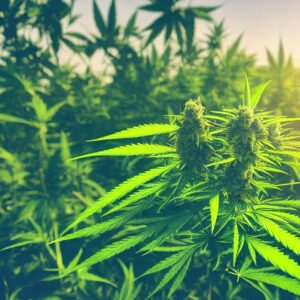Sativa is a type of cannabis that has been grown for thousands of years, and it can be found in nearly every country around the world. Marijuana is the most common type of sativa you’ll come across, but there are other kinds as well!
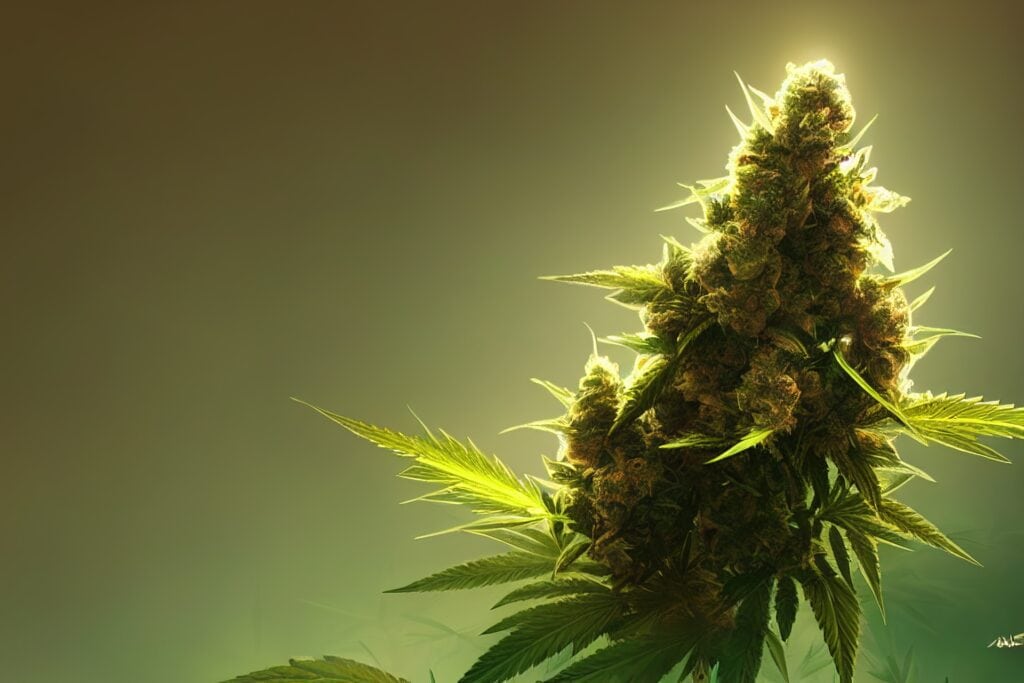
Cannabis sativa is a hemp plant (fibrous part of the stem).
This kind of strain is a hemp plant. The fibrous part of the stem is used to make rope, paper, and other products. The seeds are used to make hemp oil, which can be used in cooking.
Cannabis sativa has a high photosensitivity and therefore is flowered by the exposure to light.
Cannabis sativa has a high photosensitivity and therefore is flowered by the exposure to light. Photoperiodism is the ability of plants to detect and respond to changes in day length, which is a key component of the biology of cannabis sativa. In order for photosynthesis to occur, there must be sufficient sunlight that reaches the leaves. For example, if you have an indoor grow room with fluorescent lights on 24 hours per day, then this type of lighting would not be suitable for growing cannabis sativa because it doesn’t give enough light intensity for them to grow properly without getting burned out by excess heat production during photoperiodic periods when their internal clocks say it’s daytime but no actual daylight exists outside your house!
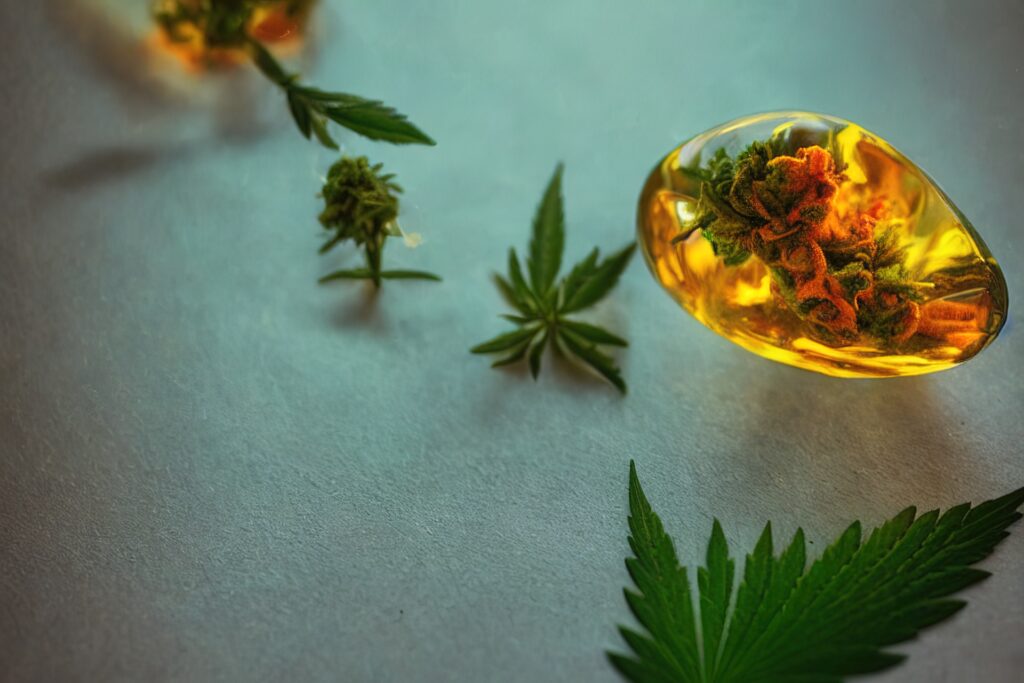
Sativa strains take much longer to grow, mature, flower and require more light.
The sativa strains take much longer to grow, mature and flower than indica strains. This is because they require more light and space. Sativas also grow faster than indicas; however, sativa strains need more time between blooms in order to mature fully.
Sativa seeds germinate easily.
Germination is the process by which a seed grows into a plant. It’s the first stage of your cannabis plant’s life cycle. It happens when water penetrates the outer layers of your bud and initiates germination. Once you’ve sprinkled those seeds on top of soil or compost, they’ll start to absorb moisture and expand their area in an attempt to grow root. But there are many other factors involved in this process as well.
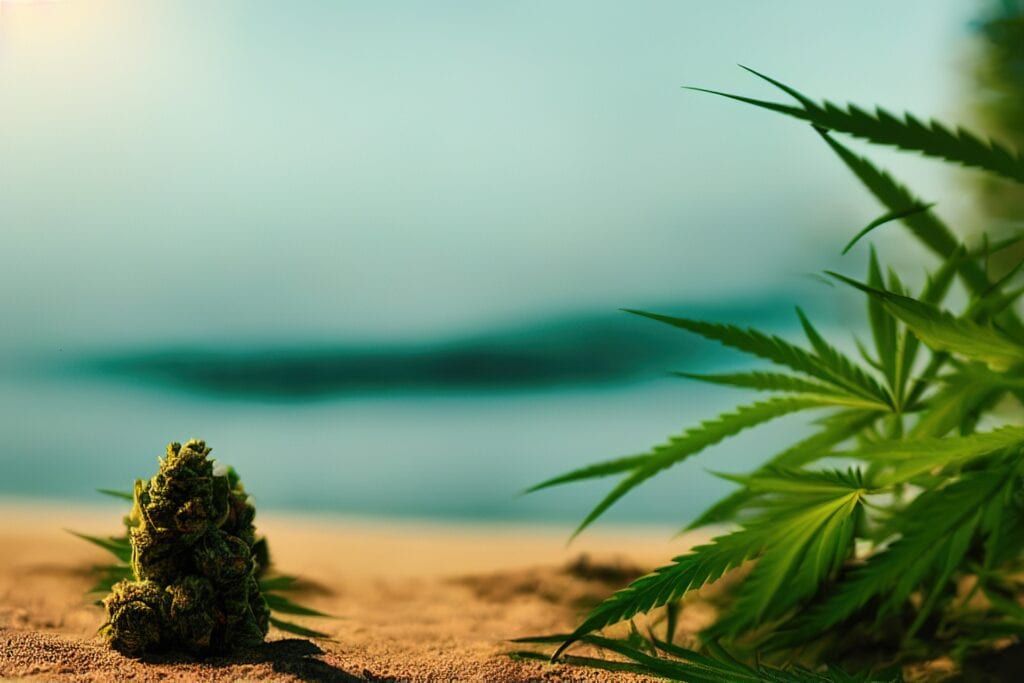
Sativa strains can grow very tall–up to 20 feet high.
The term sativa comes from the Latin word “satura”, which means “to be awake or active”. Sativas are typically used as recreational drugs and have an uplifting effect on mood. They may also help with pain relief, anxiety relief and depression symptoms.
They can grow very tall–up to 20 feet high! This makes them ideal for growing indoors under lights or outdoors in colder climates where frost is a risk factor. Sativas tend to be more short-cropped than indicas (plants whose main buds form at the top of branches), but there are exceptions: some varieties have dense heads full of resin glands that contain THC crystals.
Sativa strains smell different than Indicas, with a sweet fruity or spicy herbal scent.
The smell of a sativa strain is different than the smell of an indica. Sativas tend to have more fruity scents, while indicas usually have earthy or fuel-like smells.
This strains also contain higher concentrations of THC than their indica cousins, which means they’re more potent than your average marijuana plant.
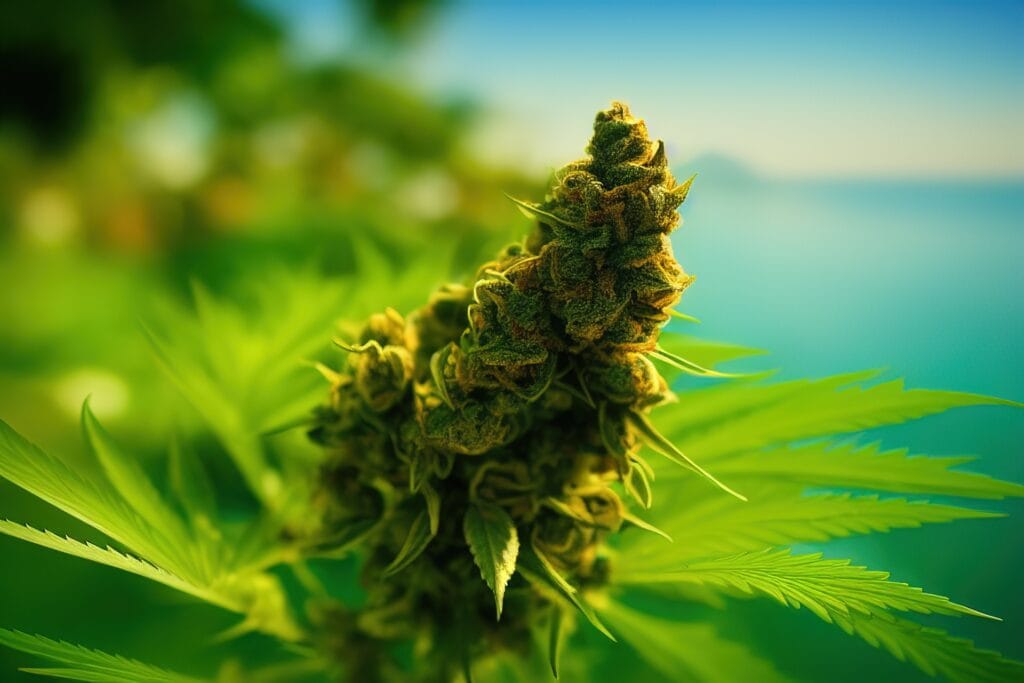
Sativas have a higher concentration of THC.
The concentration of THC, or delta-9-tetrahydrocannabinol, is the main psychoactive component in cannabis. This can be measured by weight percentage or by number of milligrams per gram. Sativas have a higher concentration than Indicas because they produce more resin (the sticky substance that coats the buds).
Sativa strains tend to cause anxiety and paranoia due to their high levels of THC; however, these feelings are not necessarily bad for you if you’re using sativa strains responsibly!
Sativas are typically used as recreational drugs and have an uplifting effect on mood
Sativas are typically used as recreational drugs and have an uplifting effect on mood. Sativa strains are more likely to be used for recreational purposes, such as socializing, whereas indica strains tend to be more sedating and relaxing.
In terms of THC content, there are two types: high-CBD (cannabidiol) and low-CBD strains. High-CBD varieties contain only trace amounts of tetrahydrocannabinol (THC), meaning they don’t produce much psychoactive effects when consumed orally or smoked; in fact, some people prefer them because there’s less chance of getting high from consuming them! Low-CBD varieties have higher concentrations of THC than high-CBD varieties do—so if you’re looking for a stronger buzz from your weed medication then look no further than this option!
Conclusion
Humans have cultivated the cannabis sativa plant for thousands of years in different parts of the world. It is a worldwide commodity and has many uses, including food, clothing and medicine. As well as being used recreationally by humans, it can also be used as a source of fibre for rope making or paper production.


